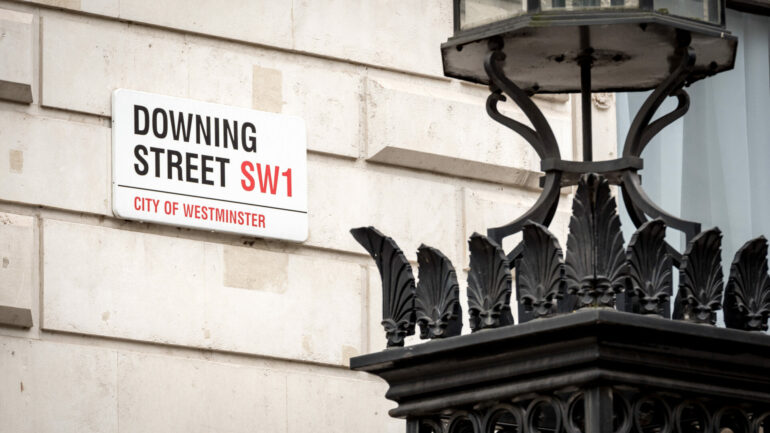More than eight in 10 (83%) of people are very or somewhat concerned about tax increases from the Government in 2025, according to analysis from AJ Bell.
This was despite Chancellor Rachel Reeves saying to business leaders that she would not be looking to repeat the tax raising measures of her inaugural Budget in future fiscal events.
AJ Bell said that the spectre of further tax rises would likely impact consumer confidence, which already took a knock in recent months due to Labour’s downcast economic messaging.
According to the investment platform, the Government should aim to deliver certainty in the new year by committing to a ‘Pensions Tax Lock’ and taking tax-free cash and pension tax relief off the table to avoid another period of damaging rumours that impact people’s long-term financial situations.
Laith Khalaf, head of investment analysis at AJ Bell, said: “Back in July, fresh off the back of a thumping election victory and majority in the House of Commons, Labour surely would have been expecting to enjoy a rather jubilant first Christmas recess since being back in Government.
“As it is, Keir Starmer and Rachel Reeves now appear to be facing an economic task far greater than that which they set out during the heady days of the summer and risk being swallowed up by their own fiscal black hole.
“They certainly won’t have received many Christmas cards from the general public, who are not exactly enamoured with the Government if we are to believe the polls. But it is the public’s perception of tax that Labour should perhaps pay closer attention to.”
Khalaf added: “The economic tightrope that Rachel Reeves has been attempting to walk over the past six months is undoubtedly tough, and she is in no enviable position.
“But if Labour is ever going to realise its central ambition of turbocharging economic growth, it needs to ensure the British public feel secure enough about their personal finances to start spending and investing.
“This is particularly pressing in light of recent revisions to GDP data from the ONS, which revealed a more stagnant picture for growth than previously thought, with zero growth recorded for Q3 of 2024.”




